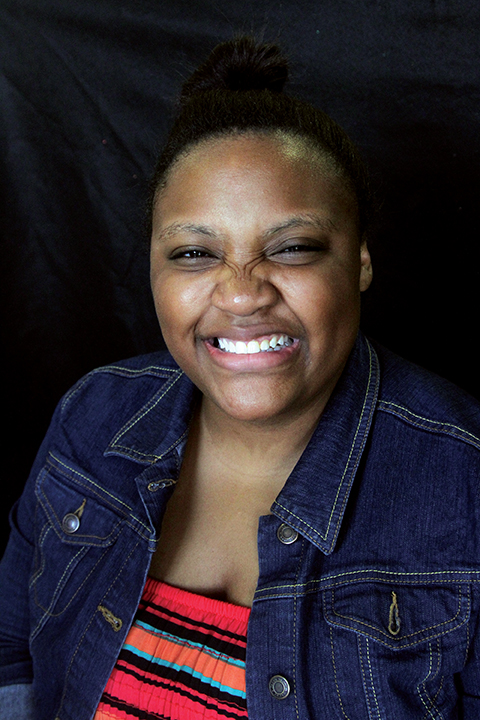By now, I’m pretty sure you all have heard the news: Colin Kaepernick of the San Francisco 49ers has refused to stand up for the national anthem. The mix of outrage, support and general opinions has been inescapable, and there has been great debate over Kaepernick’s message regarding patriotism, the historical context of the national anthem and what America means to people.
This controversy has also sparked another narrative — what role do athletes play in advocating for or fighting against social issues? This question intrigued me and prompted me to look at athletes who have spoken out and what impact their messages have had.
Muhammad Ali, one of the greatest boxers to have ever lived. He feared no one and showed that every time he stepped into the ring, but his impact on American culture was much more than just his boxing accomplishments. Ali was a prominent figure during the civil rights movement. Ali’s most notable moment came in 1966 when he refused to fight in the Vietnam War because of the continued injustices toward African-Americans in the U.S. and his religious views on war. Ali’s declaration came with grave consequences as he was stripped of his heavyweight title and was arrested and found guilty of draft evasion, though the decision was later overturned by the Supreme Court. Ali’s anti-war, pro-black rights message sent shockwaves throughout the country, and his stance helped further the civil rights movement.
Another pivotal moment in athletics came during the 1968 Olympics when track and field runners Tommie Smith and John Carlos raised their fists while the national anthem was playing to show solidarity with the civil rights movement. The backlash from the gesture was enormous. Smith and Carlos were both banned from the U.S. team and the Olympic Village.
More recently, there have been athletes speaking out on police brutality and the treatment of minorities in our country, specifically African-Americans. In March 2012, the Miami Heat basketball team posted a photo of them all wearing hoodies with the caption that said #WeAreTrayvonMartin and #WeWantJustice. This photo was in response to the killing of 17-year-old Trayvon Martin by neighborhood-watch volunteer George Zimmerman. The next stand occurred in 2014, when basketball stars Derrick Rose, LeBron James, Kyrie Irving and Kevin Garnett wore “I Can’t Breathe” T-shirts responding to the death of Eric Gardner, an unarmed black man choked to death and the non-conviction of the police officers involved.
In July, after the killings of Alton Sterling in Baton Rouge and Philando Castile in Minnesota by police officers and the retaliatory shooting of five Dallas police officers, the Minnesota Lynx women’s basketball team wore shirts that said “CHANGE STARTS WITH US” on the front and the names of the victims of recent violence on the back. The t-shirts angered many including local police union members who walked out after seeing them.
All of these athletes have multiple things in common. They all excelled within their respective sports. They also have an international stage to express their personal views to the world, which is something that most civilians don’t have. What I realized through all of these stories of activism is that when an athlete speaks, Americans listen. They enable conversation and action through their respective stances. These men and women are so dominating on the court or on the field that it’s easy to forget they are human, too. They see issues in our nation too; they hurt like we hurt, and they are prompted to act like any other human who sees an injustice.
So as a society, should we discourage athletes who want to take a stand? It seems that these aforementioned athletes realized that to whom much is given, much is required. If they are willing to accept this challenge, then both fans and skeptics should at least be willing to listen.






